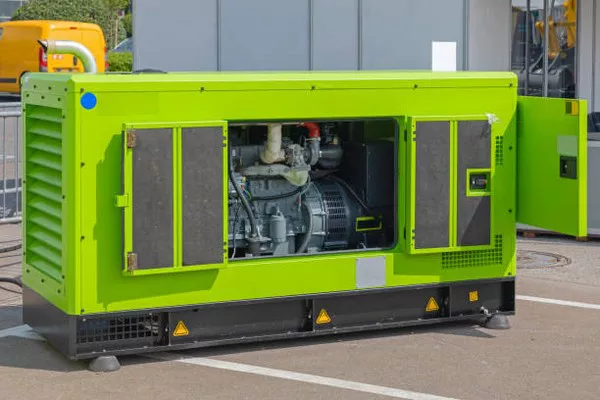Researchers from Kyushu University, the Materials Open Laboratory (MOL), the Institut Parisien de Chimie Moléculaire (IPCM), and GCE Institute Inc. have developed an innovative organic thermoelectric device capable of generating power at room temperature without needing a temperature gradient.
Chihaya Adachi, a professor at Kyushu University’s Center for Organic Photonics and Electronics Research (OPERA) and lead researcher of the study, shared insights into the team’s work: “Our aim was to create a thermoelectric device that could harvest energy from ambient temperature. Our lab specializes in organic compounds, which are known for their unique energy-transfer properties.” Adachi noted the success of organic compounds in technologies like organic light-emitting diodes (OLEDs) and organic solar cells as an example of their potential.
Traditional thermoelectric devices generate power by exploiting temperature differences, with one side of the device heated while the other is kept cool. However, this setup can be inefficient if too much energy is required for cooling, potentially negating the power generated.
In contrast, the team’s new approach eliminates the need for a significant temperature difference. By using organic materials such as copper phthalocyanine (CuPc), copper hexadecafluoro-phthalocyanine (F₁₆CuPc), thin layers of fullerene, and 2,9-dimethyl-4,7-diphenyl-1,10-phenanthroline (BCP), they successfully created a device that functions at room temperature — offering potential use in situations where conventional thermoelectric generators fail.
Initial testing of the prototype device revealed an open-circuit voltage of 384mV, a short-circuit current density of 1.1μA/cm², and a maximum power output of 94nW/cm². While the output is currently limited to nanowatts, far below the power needed to run devices like smartphones, this research marks a promising starting point for further improvements.
“We’ve seen significant progress in thermoelectric technologies, and this organic device opens up new possibilities,” Adachi commented. “We plan to continue refining this design, exploring different materials and increasing the device’s area to boost current density. The results so far show the remarkable potential of organic materials.”

